1. Oats

Oats: The Heart’s Best Friend
Start your day with oats for a heart-healthy boost. Oats are rich in soluble fiber, particularly beta-glucan, which helps lower LDL (“bad”) cholesterol and supports stable blood sugar levels. Regularly eating oats can reduce your risk of heart disease and keep your arteries clear.
2. Tomatoes
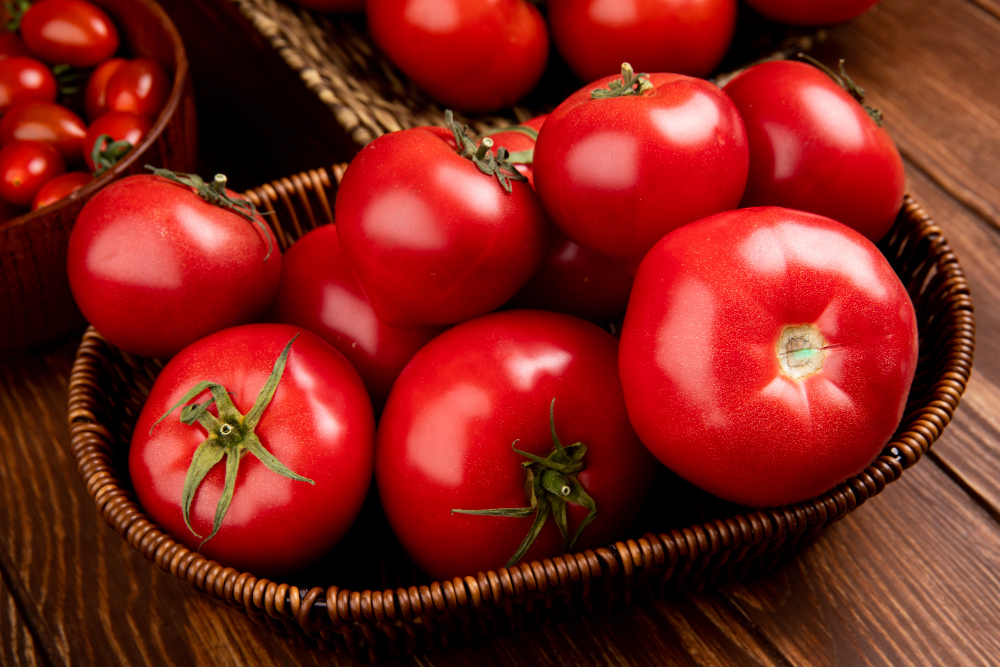
Tomatoes: The Red Antioxidant Warrior
Loaded with lycopene, tomatoes offer antioxidant protection that can lower LDL cholesterol and triglycerides while raising HDL (“good”) cholesterol. Cooked tomato products provide even more lycopene, making them a smart addition to your meals.
3. Olive Oil
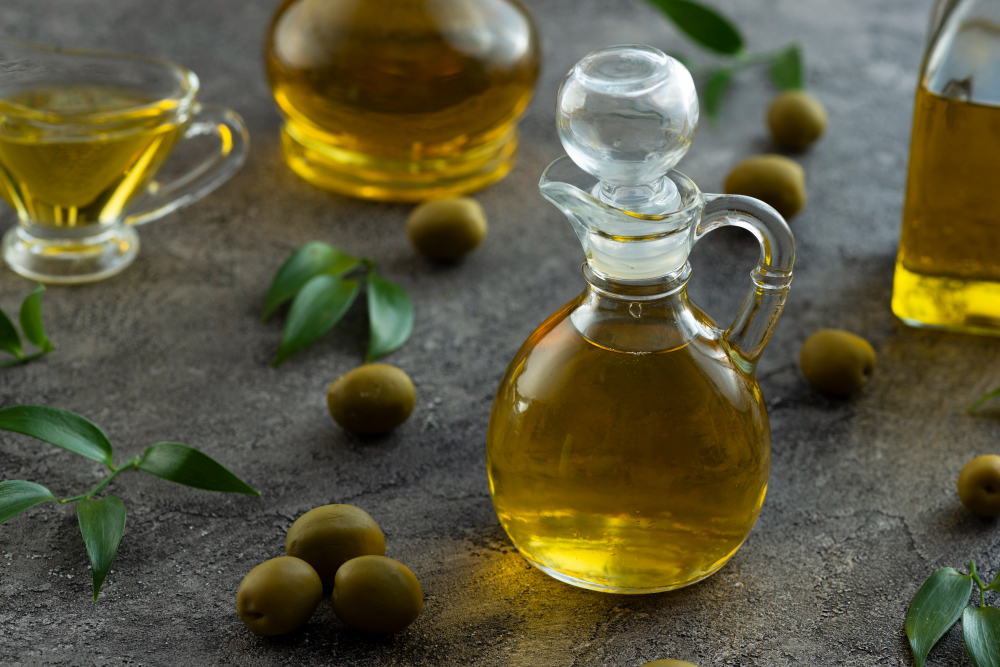
Spinach & Olive Oil: The Heart-Healthy Duo
A staple of the Mediterranean diet, extra-virgin olive oil is high in monounsaturated fats and antioxidants. It helps lower LDL (“bad”) cholesterol, raise HDL (“good”) cholesterol, and reduce inflammation. Olive oil also enhances the absorption of heart-protective nutrients from vegetables.
4. Fatty Fish
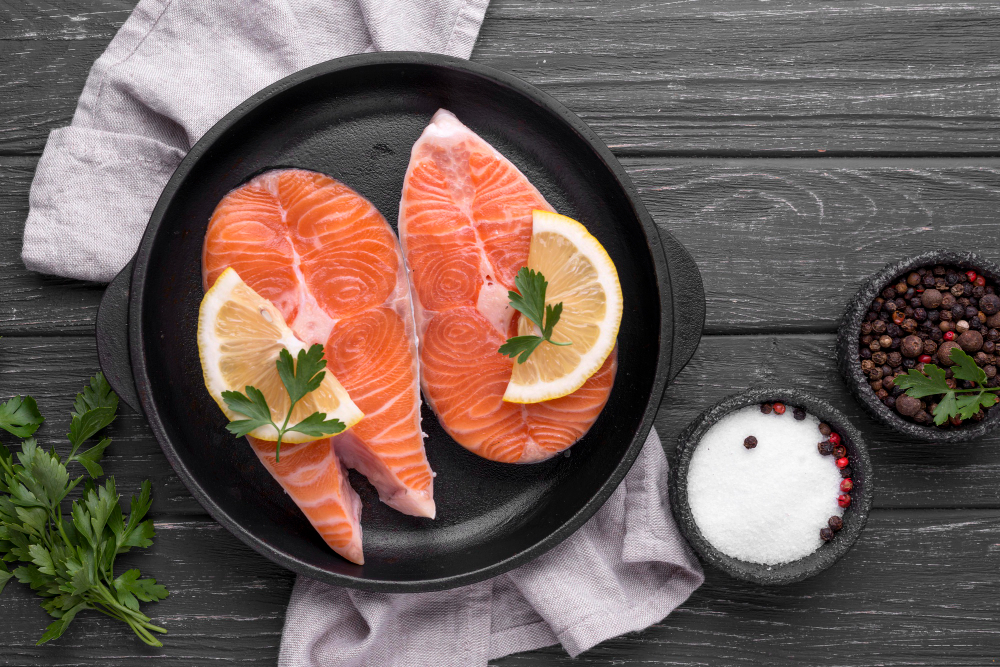
Fatty Fish: The Omega-3 Powerhouse
Salmon, sardines, mackerel, and anchovies are packed with omega-3 fatty acids, which reduce inflammation, lower triglycerides, and improve cholesterol profiles. These healthy fats also help stabilize heart rhythms and support blood vessel health.
5. Berries
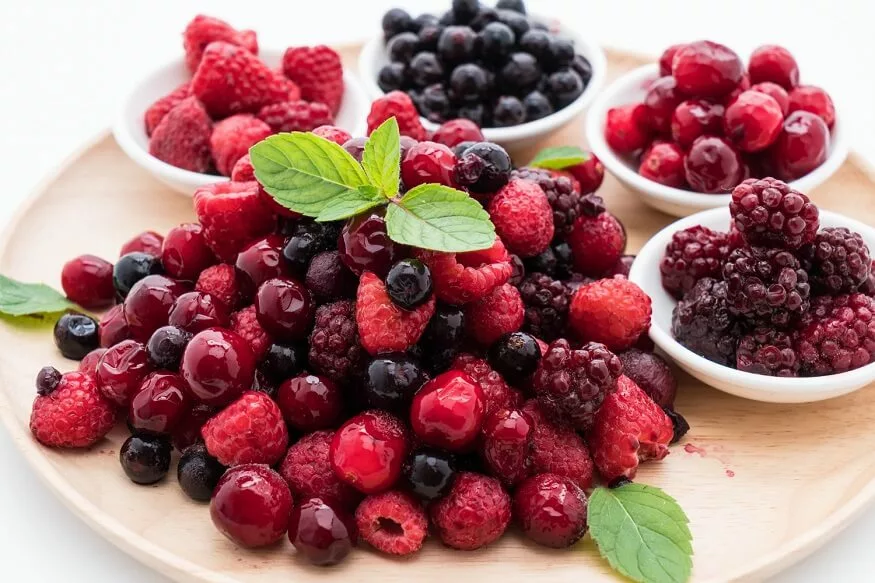
Berries: Nature’s Antioxidant Boosters
Blueberries, strawberries, and raspberries are rich in antioxidants called flavonoids, which reduce oxidative stress and inflammation—both major contributors to heart disease. Regular berry consumption is linked to lower cholesterol and improved blood vessel health.
6. Leafy Green Vegetables
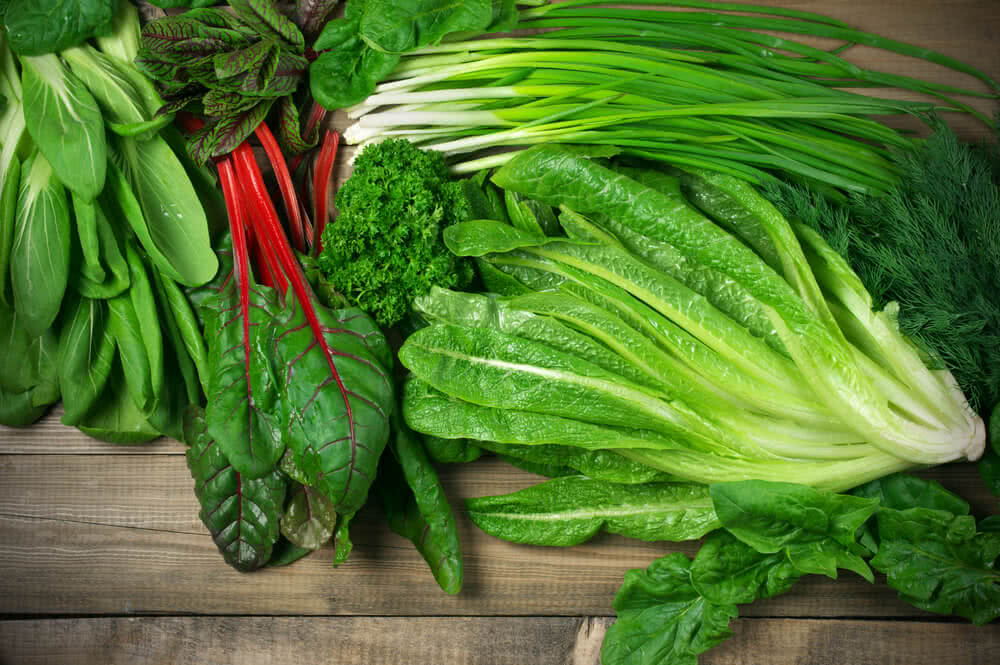
Leafy Green Vegetables: Nature’s Heart-Healthy Superstars
Spinach, kale, and collard greens are loaded with vitamin K and nitrates, which help lower blood pressure and improve arterial function. Studies show that people who regularly eat leafy greens have a significantly lower risk of heart disease.
7. Nuts
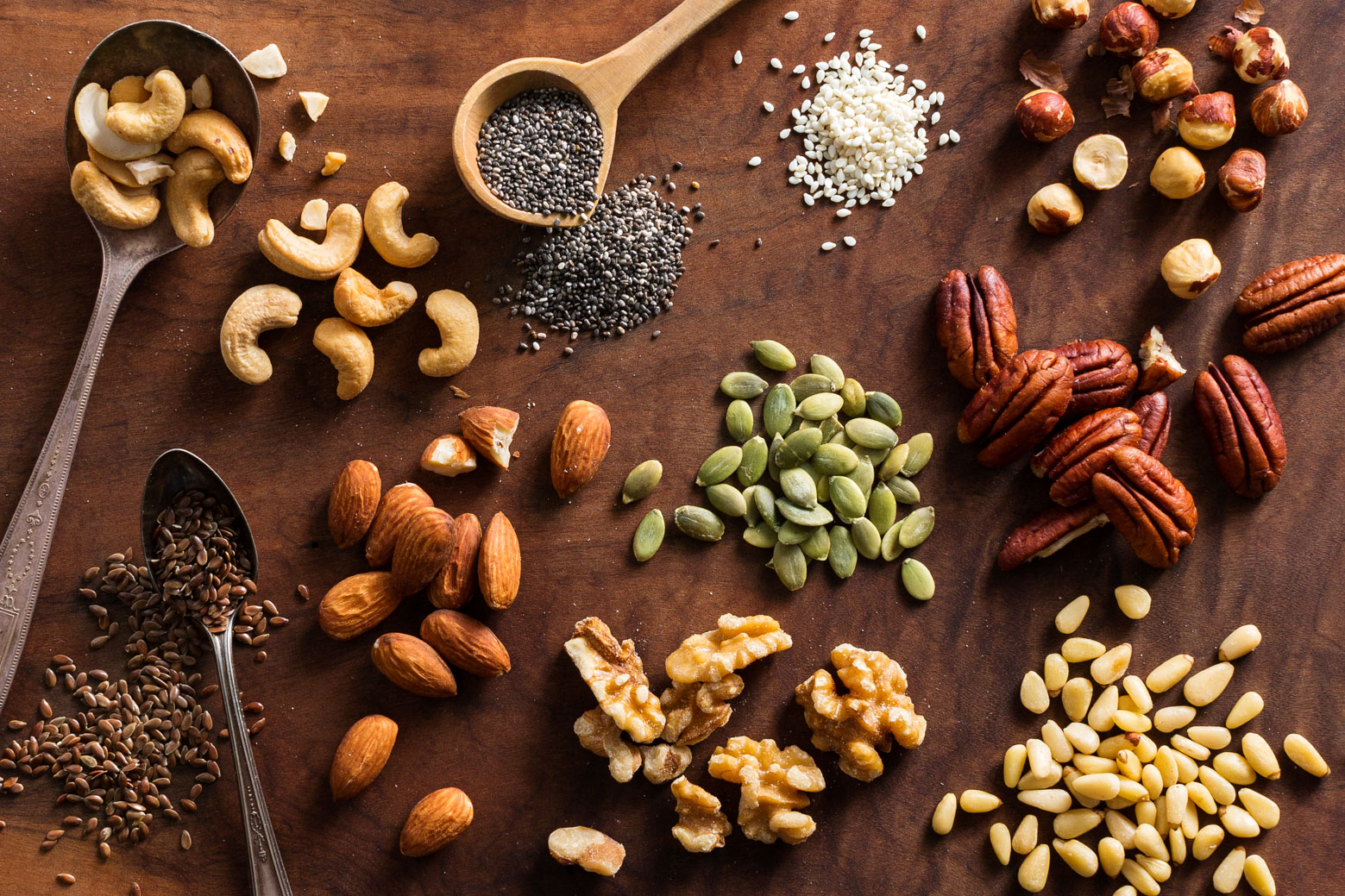
Nuts & Seeds: Crunchy Heart Protectors
Almonds, walnuts, chia seeds, and flaxseeds provide healthy fats, fiber, and antioxidants. Eating a small handful of nuts daily can help lower cholesterol and protect your arteries from inflammation.
8. Dark Chocolate

Dark Chocolate: Sweet Heart Medicine
In moderation, dark chocolate (at least 70% cocoa) provides flavonoids that can help lower blood pressure, improve blood flow, and reduce the risk of heart disease. Enjoy a small piece as a heart-healthy treat.
9. Legumes
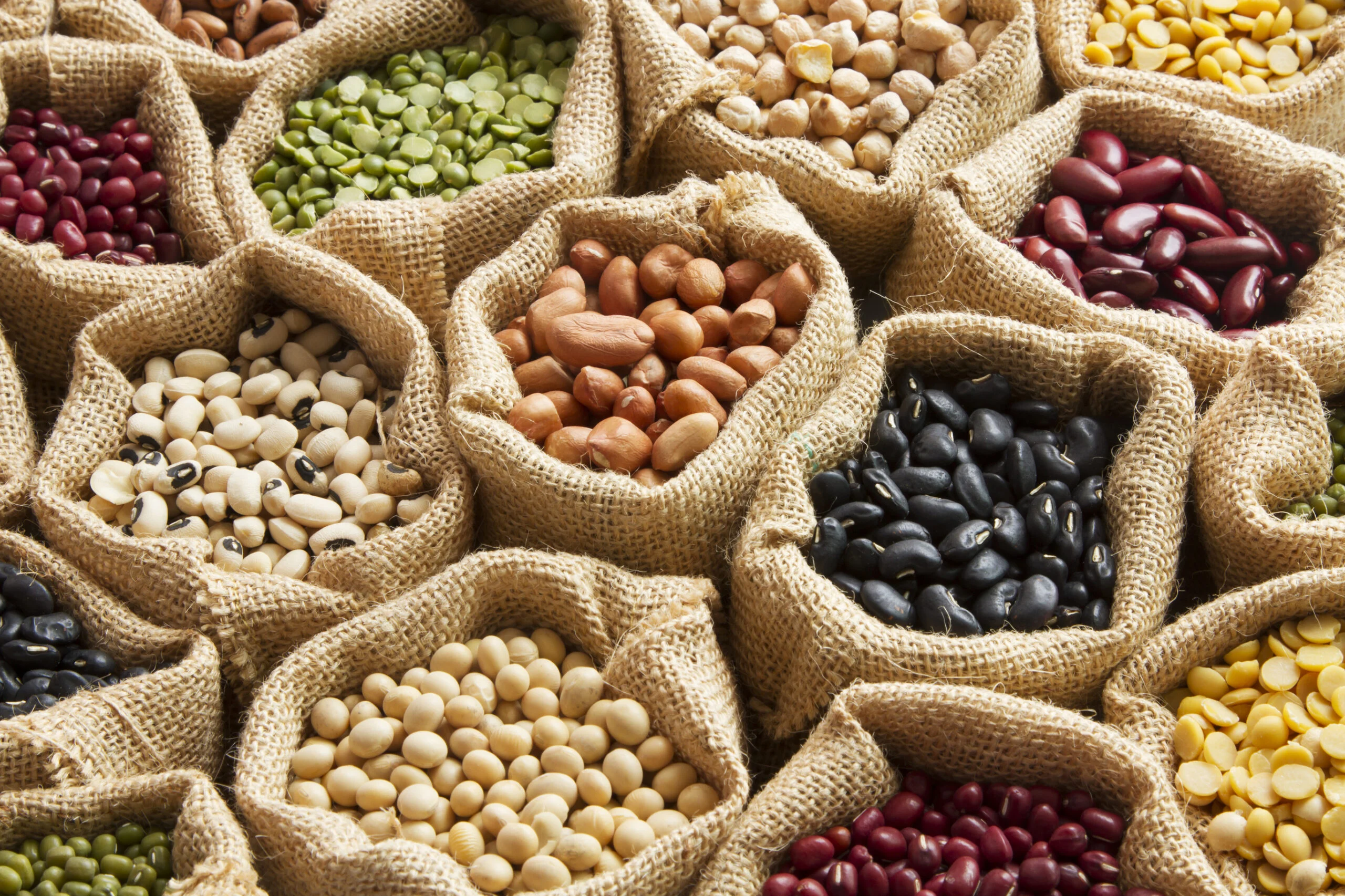
Beans & Legumes: Fiber-Filled Heart Boosters
Beans, lentils, and peas are nutritional powerhouses. High in fiber, folate, antioxidants, and magnesium, legumes help lower blood pressure, improve cholesterol, and stabilize blood sugar. Research shows that a higher intake of legumes is linked to a lower risk of heart disease—so add them to soups, salads, or stews for a tasty and filling heart boost.
What Are the Best Foods for a Healthy Heart?
When it comes to supporting your heart health, what you eat truly matters. The best foods for a strong and long-lasting heart are those packed with fiber, healthy fats, antioxidants, and essential nutrients. Leafy green vegetables, such as spinach and kale, are among the best choices because they’re rich in vitamins and minerals that help lower blood pressure. Fatty fish like salmon and sardines provide the best source of heart-protective omega-3 fatty acids.
Whole grains and berries are also some of the best foods you can include in your daily meals, offering fiber and antioxidants that support healthy cholesterol levels. Don’t forget legumes—beans, lentils, and chickpeas are what make a heart-friendly diet complete. They’re not only high in fiber and plant-based protein but are also among the best foods for reducing cholesterol and stabilizing blood sugar.
For optimal results, focus on what you can add to your diet, like nuts, olive oil, avocados, and low-fat yogurt, instead of what you need to avoid. Making the best food choices every day is what will keep your heart healthy and strong for years to come.
How to Add Heart-Healthy Foods to Your Diet
- Fill half your plate with fruits and leafy greens at every meal.
- Swap refined grains for whole grains like brown rice or oats.
- Add legumes such as beans and lentils to salads, soups, or stews.
- Use olive oil and avocado for healthy fats instead of butter.
- Limit salt, sugar, and processed foods for optimal heart health.
Frequently Asked Questions
What are the best foods to eat for heart health?
The best foods for heart health include leafy green vegetables, fatty fish, whole grains, berries, nuts, olive oil, avocados, low-fat yogurt, and legumes like beans and lentils.
What makes legumes a top choice for a healthy heart?
Legumes are high in fiber, plant-based protein, and essential minerals, which help lower cholesterol, regulate blood pressure, and support overall cardiovascular health.
What is the best way to include more heart-healthy foods in my meals?
You can add more heart-healthy foods by filling half your plate with vegetables and fruits, choosing whole grains, incorporating legumes into salads and soups, and using healthy fats like olive oil.
What foods should I avoid for better heart health?
For a healthier heart, it’s best to limit processed foods, foods high in saturated and trans fats, excess salt, and added sugars.
What are the best snacks for supporting heart health?
Some of the best heart-healthy snacks include a handful of unsalted nuts, sliced avocado on whole grain toast, low-fat yogurt with berries, or hummus with raw vegetables.





